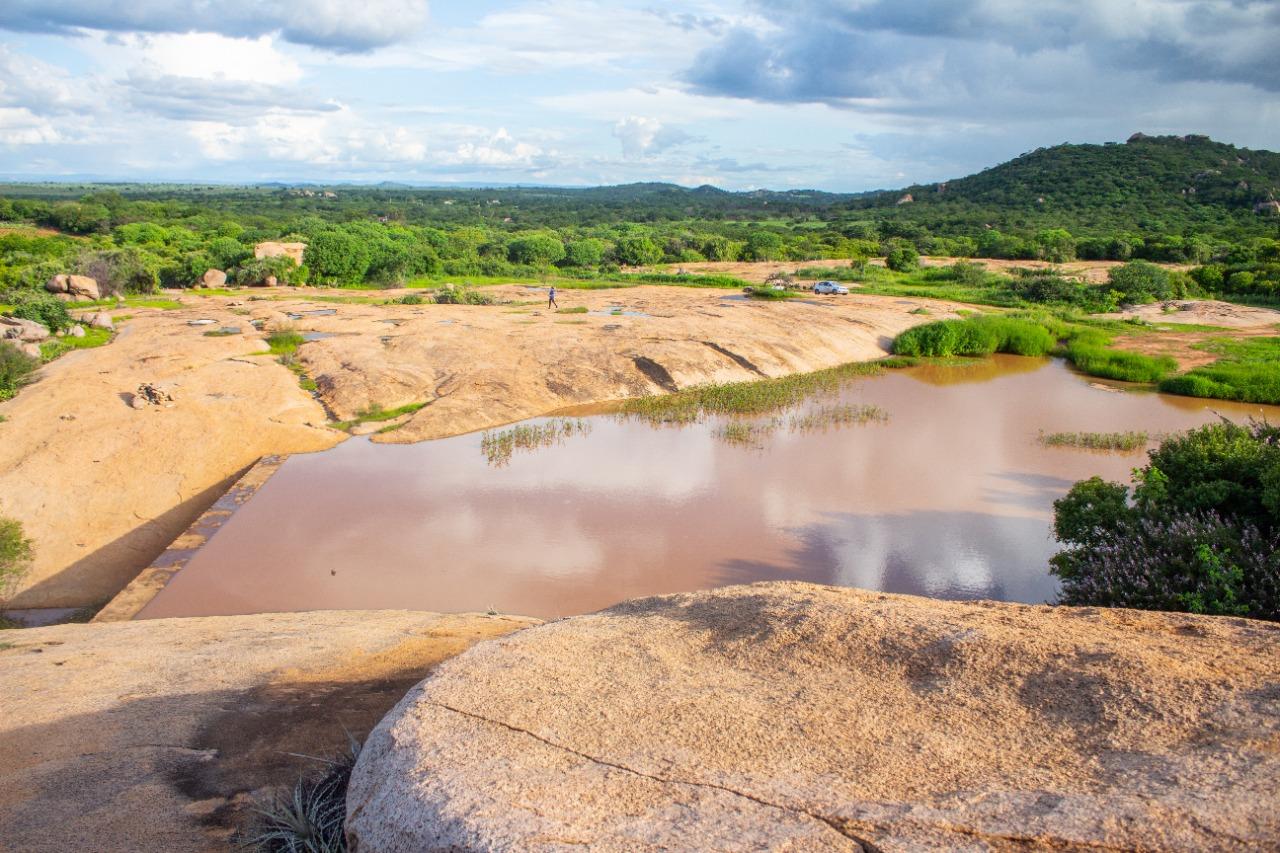
About
Western Cariri is located in the state of Paraíba, in the Northeast region of Brazil, and is inserted in the Caatinga biome — the only exclusively Brazilian biome. Composed of 17 municipalities, the territory stands out for the strength of family farming, the richness of the historical-cultural heritage and the innovations in the field of coexistence with the semi-arid region.
This scenario has been strengthened through several sustainable territorial development initiatives, with emphasis on actions aimed at structuring local production chains and valuing traditional knowledge and practices. One of the greatest symbols of this cultural identity is the Renaissance lace, an intangible heritage of Paraíba. Western Cariri is home to the largest concentration of renaissance lacemakers in the world, whose production, in addition to carrying historical and aesthetic value, moves the local economy and strengthens female protagonism in the territory.
It is in this context that the Sustainable Cariri Pact emerges, a territorial initiative of multisectoral articulation that aims to promote sustainable development in Western Cariri through a landscape approach. The proposal of the pact is to bring together efforts from the public sector, the private sector and civil society around common goals and strategies, aligned with the three pillars of the Caatinga Roots Program: Produce, Protect and Include.
Currently in the consolidation phase, the Sustainable Cariri Pact has an active and diverse governance structure, composed of civil society organizations, educational institutions, cooperatives, associations and municipal public managers. This governance has promoted spaces for collective construction, definition of priorities and monitoring of actions, acting as a platform for agreement and articulation of efforts in the territory.
The Pact's strategy until 2027 is to consolidate Western Cariri as a reference territory in sustainability in the semi-arid region, through the integration of agricultural production, environmental conservation, and socio-productive inclusion. The initiative focuses on valuing traditional ways of life, the inclusion of women, young people and rural peoples, and the creation of opportunities that strengthen the dignified permanence of families in the territory.
The actions have been driven by the strengthening of family agribusinesses, the expansion of access to markets and credit, the use of social technologies adapted to the semi-arid region and the articulation with public policies to support family farming and socio-biodiversity.
Main production chains worked in the territory:
-
Goat farming (meat and milk)
-
Beekeeping (honey and derivatives)
-
Cattle farming (meat and milk)
-
Poultry (eggs)
-
Agroecological cotton
These chains have been the focus of integrated actions aimed at technical qualification, value addition, organizational strengthening, access to markets and sustainable practices, with the aim of strengthening the local economy and promoting fair, resilient and lasting territorial development.

